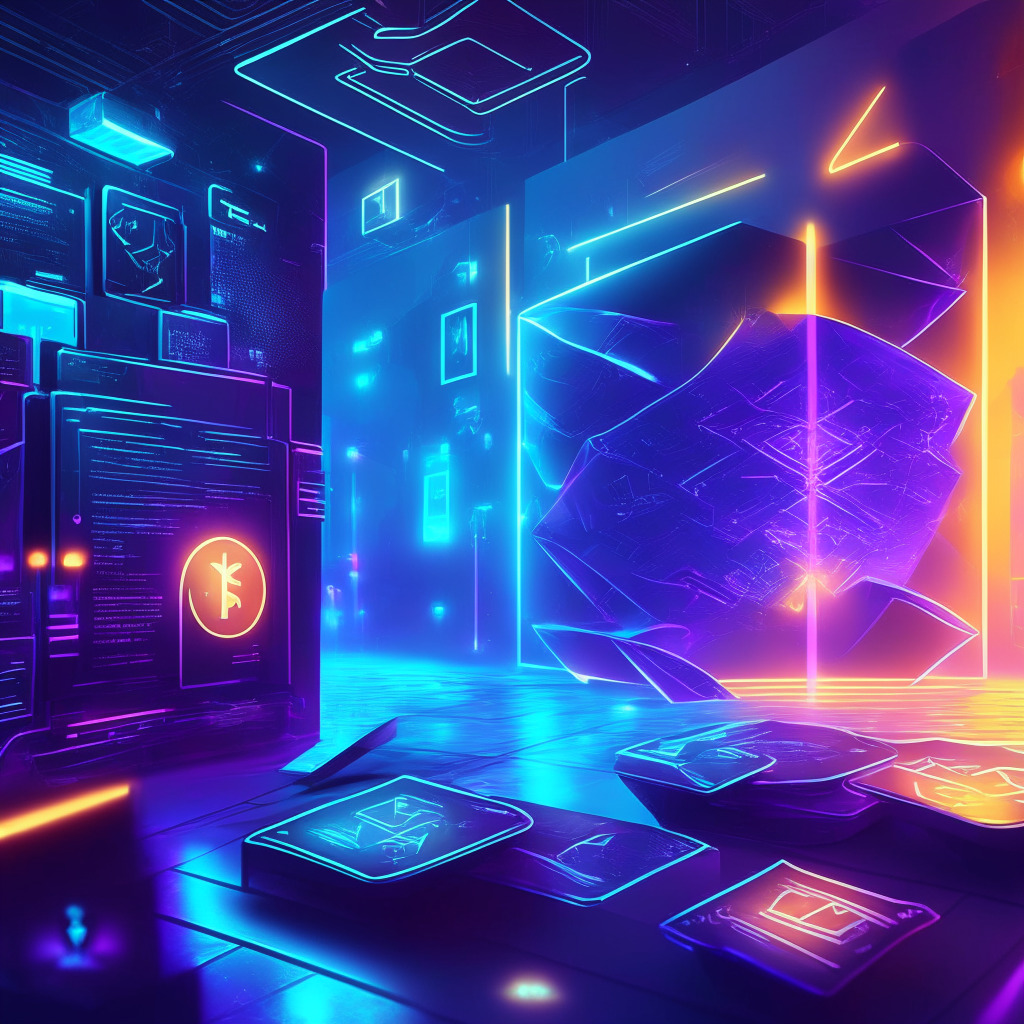Payments giant Visa continues to push the boundaries in the realm of digital asset payments, delving into innovative technologies to provide a seamless crypto onboarding experience, as well as frictionless digital transactions. In particular, Visa has been studying Account Abstraction on the Ethereum network to enable secure automatic recurring payments for self-custodial wallets, as well as considering potential redesigns for gas fees using said technology.
Visa’s exploration of Ethereum Account Abstraction and proposal ERC-4337 for digital payments was fueled by their recently published article titled “Rethinking Digital Transactions with Account Abstraction.” The company revealed two sets of Paymaster contracts it has deployed on the Ethereum Goerli testnet. These contracts demonstrate how a redesign of gas fees on the blockchain could significantly improve user convenience. Furthermore, ERC-4337 enables an owner to directly own smart contract accounts, and when coupled with Account Abstraction and Ethereum Virtual Machine compatibility, it would provide even more advantages for end users.
Visa’s head of crypto, Guy Sheffield, proudly tweeted about deploying the first paymaster smart contract on the Ethereum testnet, emphasizing the ongoing research on account abstraction and ERC-4337. Blockchain expert Cygaar also highlighted that the Visa team had established a paymaster contract; first obtaining the ETH exchange rate to the ERC20 token (L110) and then transferring that amount of ERC20 tokens to itself (L112). A subsequent experiment successfully set up a paymaster contract that completely covered gas fees for user transactions.
Ethereum co-founder Vitalik Buterin chimed in on the matter of Account Abstraction for gas fees, stating that it is “something we’ve always wanted” and has long been a dream within the Ethereum developer community. He further recommended crypto investors use social recovery wallets and multi-signature wallets to attain self-custody of their crypto funds.
With the
Source: Coingape




